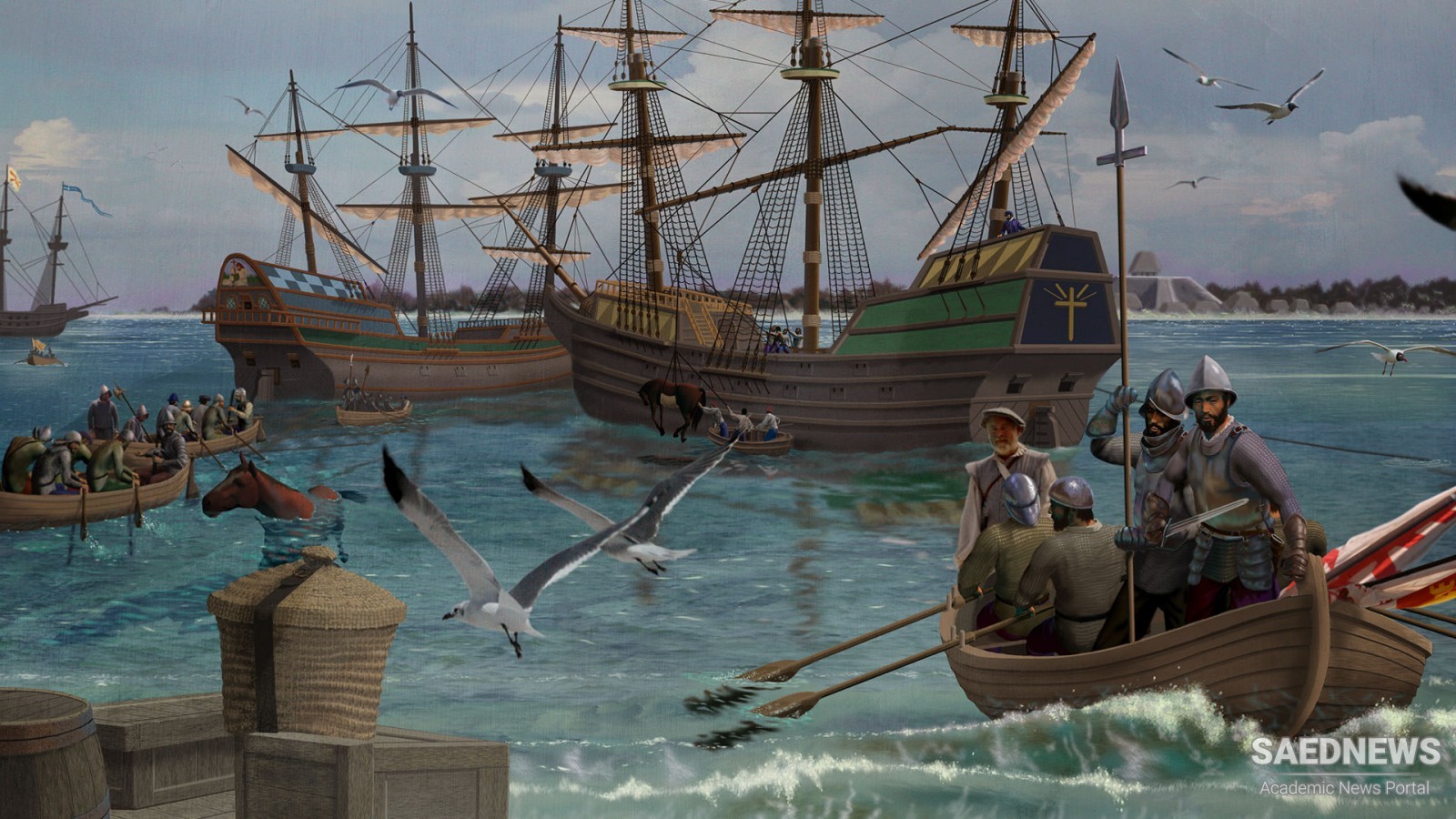Commerce deriving from Africa helped a great deal to strengthen transnational links within the Western European economy, bearing in mind that American produce was the consequence of African labour. Brazilian dyewoods, for example, were re-exported from Portugal into the Mediterranean, the North Sea and the Baltic, and passed into the continental cloth industry of the 17th century. Sugar from the Caribbean was re-exported from England and France to other parts of Europe to such an extent that Hamburg in Germany was the biggest sugar-refining centre in Europe in the first half of the 18th century. Germany supplied manufactures to Scandinavia, Holland, England, France and Portugal for resale in Africa. England, France and Holland found it necessary to exchange various classes of goods the better to deal with Africans for gold, slaves and ivory. The financiers and merchants of Genoa were the powers behind the markets of Lisbon and Seville; while Dutch bankers played a similar role with respect to Scandinavia and England. Western Europe was that part of Europe in which by the 15th century the trend was most visible that feudalism was giving way to capitalismThe peasants were being driven off the land in England, and agriculture was becoming a capitalist operation. It was also becoming technologically more advanced — producing food and fibres to support a larger population and to provide a more effective basis for the woollen and linen industries in particular. The technological base of industry as well as its social and economic organisation, was being transformed. African trade speeded up several aspects, including the integration of Western Europe, as noted above. That is why the African connection contributed not merely to economic growth (which relates to quantitative dimensions) but also to real development in the sense of increased capacity for further growth and independence (Source: How Europe Underdeveloped Africa).


 African Suffering and European Flourishing: Civilized Europe Built over African Blood and Flesh
African Suffering and European Flourishing: Civilized Europe Built over African Blood and Flesh














































